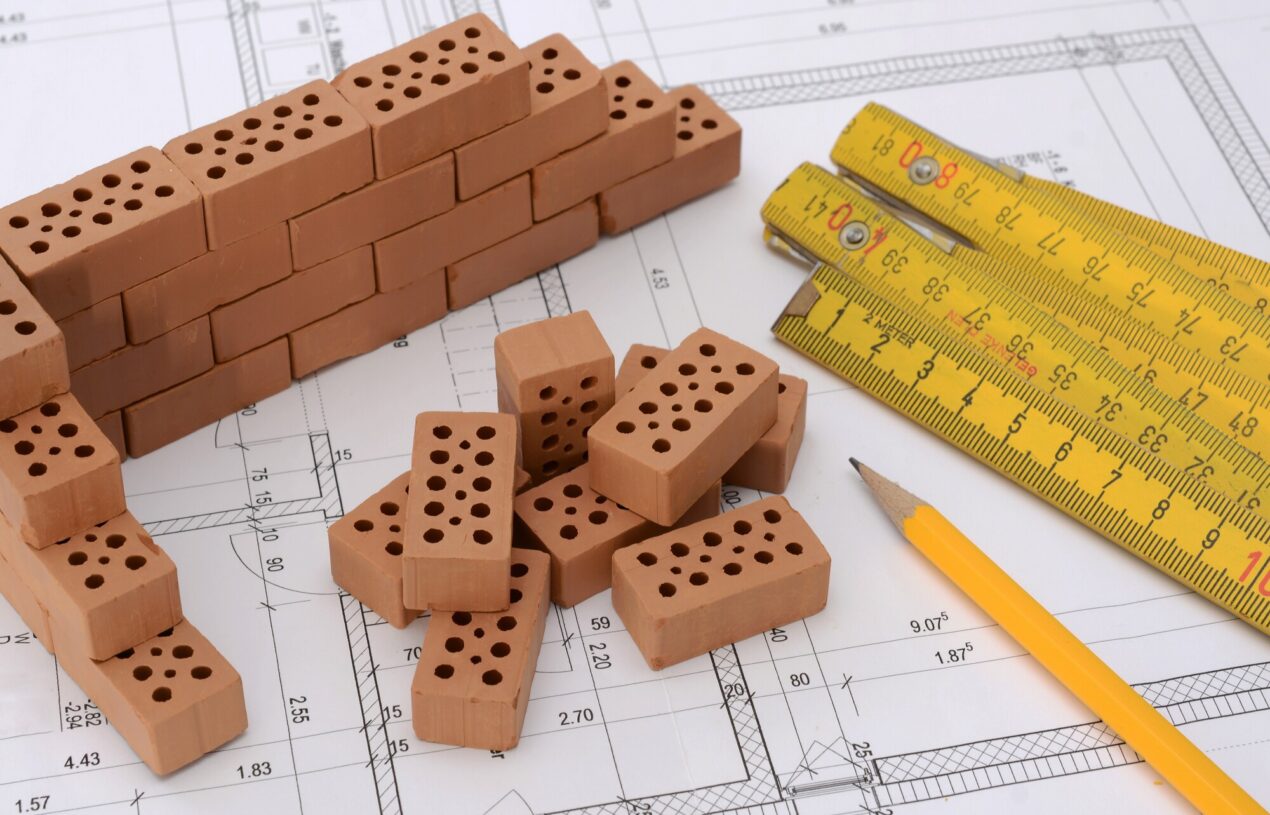If there’s one thing humans will always need, it’s buildings. Engineers and construction workers need not worry about the security of their job. The construction industry will likely be worth $17 billion by 2029.
That said, construction is still a costly and complicated industry. It requires considerable cost and a considerable amount of foresight to pull off a project successfully. The most important skill a project manager can learn is how to plan a construction project well.
If you’re interested in how construction planning works and where you can start, look no further. In this guide, we will discuss briefly how you can plan a construction project.
How to Plan a Construction Project: Establish the Construction Project Budget
Before you even break ground or put together blueprints, you need to decide how much this project is going to cost. This is perhaps the most difficult part.
Without being able to see the future, you need to be able to determine how much money you will need for all associated costs. This goes beyond just materials and manpower. You will need money for legal fees, permits, and other potential costs.
You can do this with the help of construction management software. This helps you to gauge the price of materials, the price of transportation and logistics, and the cost of labor. This should give you a rough idea of how much money you can expect to need over the course of the project.
Further, you need to set aside some cash for a rainy day. It’s nearly impossible that your construction project will go off without a single hitch. Chances are that unexpected costs will arise that provide obstacles to a successful project.
Choose a Construction Contractor
With your budget in mind, it’s time to choose the company that will do the job. Most construction companies work with contract jobs. This means that you put your job out, and construction companies bid to do it.
If you have a sizable project, you may get several construction companies to bid on your project at the same time. You will have to decide which one to choose based on the price and their track record. Once you go with a company, it’s going to be very difficult to start over with another.
Find a construction company with a good record. Check out if they have done other builds, and find out if there are any problems with them.
Some contractors may have a bad reputation for not finishing projects on time or doing a sloppy job. They may have a history of not maintaining close communication with the clients. If any of this is the case, you should steer clear of them.
Choose a Construction Project Deadline
Deadlines are necessary to make sure that the wheels get turning. Without a deadline, a project could take many more months or years than is strictly necessary. Having proper deadlines for different construction project phases keeps people accountable and productive.
Look at similar builds with similar levels of complexity. Use that as a measuring stick for how long your build should take. Something like an apartment block will likely take much longer than an open space like a grocery store.
Be ready to change the deadline if necessary. Unforeseen issues can always arise and push back the projected completion date.
Set a deadline that is realistic and gives some wiggle room. You don’t want a contractor to rush the job, forgoing safety and quality standards, just to finish in time. This is yet another reason to avoid cheap contractors that might rush the work.
Stay in Close Contact during the Construction Phases
Once the build begins, don’t go and kick your feet up just yet. You need to stay in close contact with the contractor to see how the job is going. You can hire professionals to inspect the worksite or go yourself.
Get an eagle’s eye view of what’s going on. Being aware of everything makes you prepared if something goes wrong. Logistical errors can often be solved just by staying on top of regular operations.
Develop Contingency Plans
Something is guaranteed to go wrong during the construction project. That’s just the nature of reality when working with something as complex as engineering. Problems can arise in a wide variety of forms.
For example, the city where you are located may request additional permits. This could potentially grind construction to a halt until you obtain them. You need to be sure that you are not bleeding money while you secure permits.
That’s why it’s always important to have that rainy day fund that we mentioned earlier. You never know when you will need a bit of cash to get over a hump.
Evaluate the Build with the Help of Professional Inspectors
There’s a lot that goes into a building that many people don’t think about. Buildings need to adhere to fire safety standards. They need to have proper evacuation routes, and they need to fit within a certain size for occupancy reasons.
Buildings need to be safe to live in. Certain materials can be carcinogenic or lead to other long-term health problems. Many of these things require a professional in that field to establish that everything is in proper working order.
Plan Your Construction Project Today
If you want to plan a construction project, just know that this will be quite an endeavor. You will need to carefully project the budget, design the build, and find a reliable contractor. You will need to set deadlines that are realistic and prepare for unforeseen consequences.
Follow our blog for more business and real estate tips.

